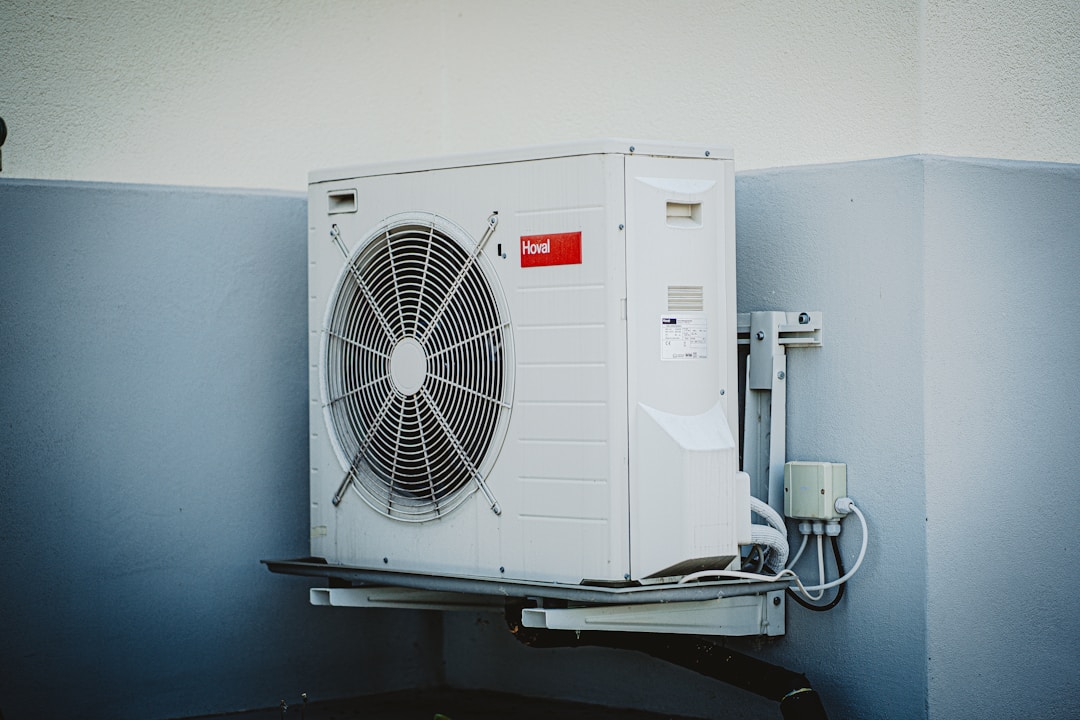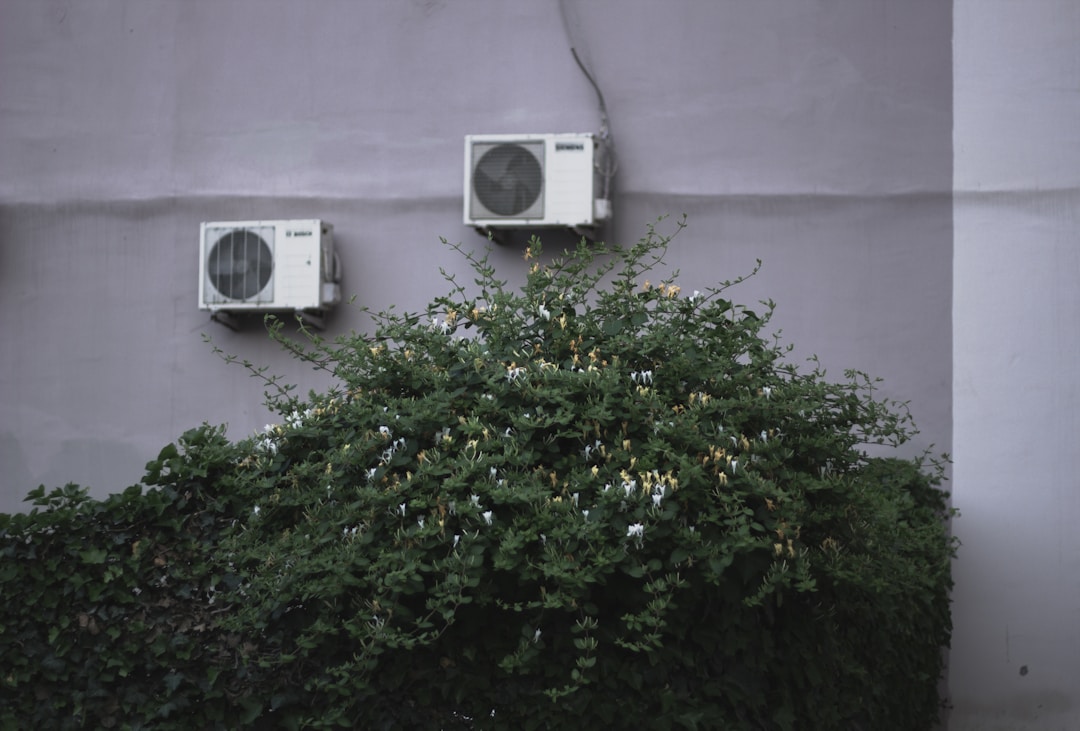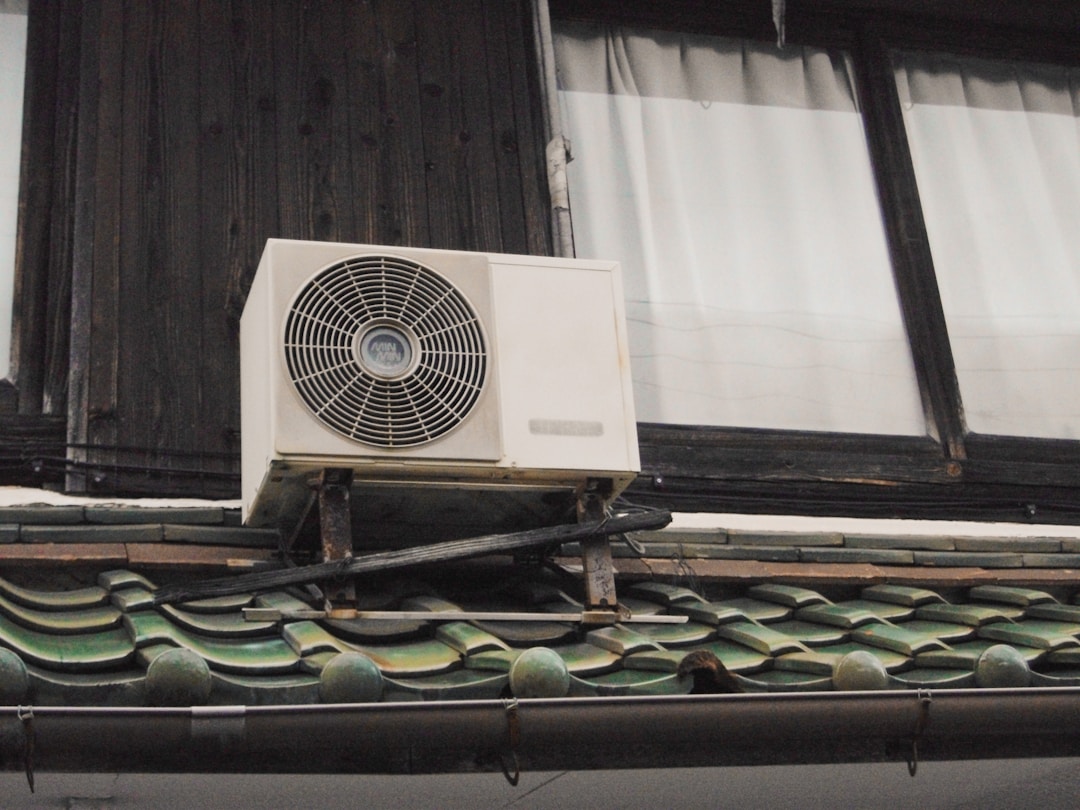As spring arrives, so does the need for refreshing and renewing many aspects of our lives. One of these is the task of annual AC maintenance. Maintaining your air conditioning unit is beneficial for a comfortable home environment and integral to the efficient operation of the system. In this article, we will provide you with AC maintenance tips to promote the longevity and improved efficiency of your air conditioning system.
The Role of Professional Maintenance Services

While some homeowners might be tempted to take a DIY approach to HVAC maintenance, you should always hire a professional. They are trained to perform comprehensive inspections, clean the system thoroughly, and make any repairs or adjustments. This level of expertise is vital for ensuring that your HVAC system is working at optimal performance, avoiding any unexpected breakdowns or expensive repairs in the future.
Hiring professionals, like HVAC repair Asheville NC, is always recommended to ensure optimal performance and longevity of your air conditioning unit. Professional HVAC maintenance services also offer regular tune-ups, which include cleaning and lubricating all the components, checking refrigerant levels, and testing the airflow. These routine checks prevent any major malfunctions and keep your system running smoothly. Additionally, professionals have access to specialized equipment and tools that are needed for maintaining and repairing HVAC systems.
Beyond that, professional maintenance services typically provide ongoing support and scheduling of regular maintenance appointments. They keep track of when your system needs to be serviced, ensuring that it is always in top condition. This proactive approach is required to prevent costly breakdowns, improve energy efficiency, and maximize your system’s lifespan.
Understanding the Importance of AC Maintenance
Maintaining your AC unit regularly is paramount. Not only does it increase the lifespan of the unit, but it also leads to lower utility bills, better system performance, and fewer breakdowns. When we tend to the unit consistently, minor issues can be caught and remedied before they become larger, more substantial problems. Regular AC maintenance saves you from investing hefty sums into major repair works or entire replacements down the line.
A well-maintained HVAC system filters out pollutants, allergens, and other contaminants, improving the quality of indoor air. Neglecting maintenance can lead to the accumulation of dust, mold, and bacteria in the ducts, which can then be circulated throughout the living or working space, potentially causing respiratory issues and allergies. Regular inspections and cleanings ensure that your HVAC system is functioning properly, filtering the air and creating a healthier environment for everyone.
Note that neglected maintenance can lead to inefficient operation, increasing energy use and costing you more money. AC units that are not cleaned and serviced regularly use up more energy, struggling to produce the cooling effect, thereby increasing your monthly electricity bills. By ensuring your AC unit is properly maintained, you’ll be contributing to a greener environment by reducing energy consumption as well.
Routine Checks and Clean-Ups

Spring cleaning and AC maintenance go hand in hand. Routine check-ups are an essential aspect of HVAC (Heating, Ventilation, and Air Conditioning) maintenance for several reasons. For one, regular inspections identify any minor issues before they turn into major problems. HVAC systems comprise various components that work together to provide optimal heating and cooling. Over time, these components may experience wear and tear, which could lead to reduced efficiency or potential breakdowns. By having routine check-ups, HVAC technicians can detect any early signs of malfunction, allowing for timely repairs or replacements, thereby avoiding costly repairs and system failures in the future.
Moreover, routine check-ups also contribute to keeping your HVAC system running as efficiently as possible. During check-ups, technicians clean and optimize the components to ensure they are operating at peak performance. This includes cleaning or replacing air filters, checking and recalibrating thermostats, inspecting electrical connections, and assessing the signs to see if your system has low refrigerant levels, among other tasks. Regular maintenance enables systems to run smoothly, reducing energy consumption and extending the lifespan of the HVAC unit. This translates to lower utility bills, increased comfort, and enhanced indoor air quality.
Seasonal Measures for AC Maintenance
Seasonal changes can put a strain on your HVAC system. In the summer, the scorching heat can cause your air conditioner to work harder and longer to cool your home, leading to unnecessary wear and tear. Similarly, during the winter, your heating system may struggle to keep up with the demand for warmth, leading to potential breakdowns. By performing regular maintenance before each season, you can identify and address any issues before they escalate, ensuring that your HVAC system operates efficiently.
Throughout the year, dust, dirt, pollen, and other allergens can accumulate within your HVAC system. This buildup can reduce the system’s efficiency and circulate contaminants throughout your home, exacerbating allergies and respiratory issues. Regular maintenance, including cleaning or replacing filters and clearing out obstructions, can meaningfully reduce the presence of these pollutants, resulting in cleaner air indoors.
Taking Care of Your AC Unit Post-Maintenance
After every maintenance service, taking care of your AC unit becomes a priority. Regularly checking your system to ensure there are no visible signs of wear and tear, replacing air filters, and paying attention to any strange noises made by the unit are all included in the after-care process. Checking for any strange smells is equally important. If your air conditioning unit is emitting a peculiar smell, this could indicate issues like a burned-out motor, an electrical problem, mold growth, or a gas leak. Promptly addressing these issues can prevent potential hazards. Understanding how to maintain your air conditioning system post-professional maintenance service will help you spot issues in their early stages, offering big savings and preventing surprise breakdowns.
Replacing Your AC Unit

Even with regular maintenance, your AC unit won’t last forever. You need to know when it’s time to replace your HVAC system if you want to maintain comfort and ensure energy efficiency in your home. One of the biggest signs that you may need an HVAC replacement is frequent breakdowns and repairs. If your system requires constant attention and costly repairs, it may be more cost-effective to invest in a new, reliable system. An aging HVAC system tends to have diminishing performance. If you notice that some areas of your home are consistently hotter or colder than others, it may be a sign that your current system is struggling to distribute air evenly.
Another indicator that your HVAC system needs replacement is rising energy bills. Older systems tend to be less energy-efficient, resulting in higher utility costs. If your energy bills have been steadily increasing despite your efforts to conserve energy, it may be time to consider a new, energy-efficient HVAC system. Newer systems often come with advanced features such as programmable thermostats and variable-speed motors, allowing for better control over your home’s temperature and reducing energy consumption.
As you can see, AC maintenance is a crucial aspect of your spring cleaning tasks. Regular upkeep, seasonal preparation, professional maintenance services, after-care, and timely replacements play a significant role in maintaining a comfortable and healthy home environment. By adhering to the tips discussed in this article, you can enjoy improved efficiency and longevity from your air conditioning system. Follow our advice and you can trust that you’re taking the best possible care of your air conditioning system.




